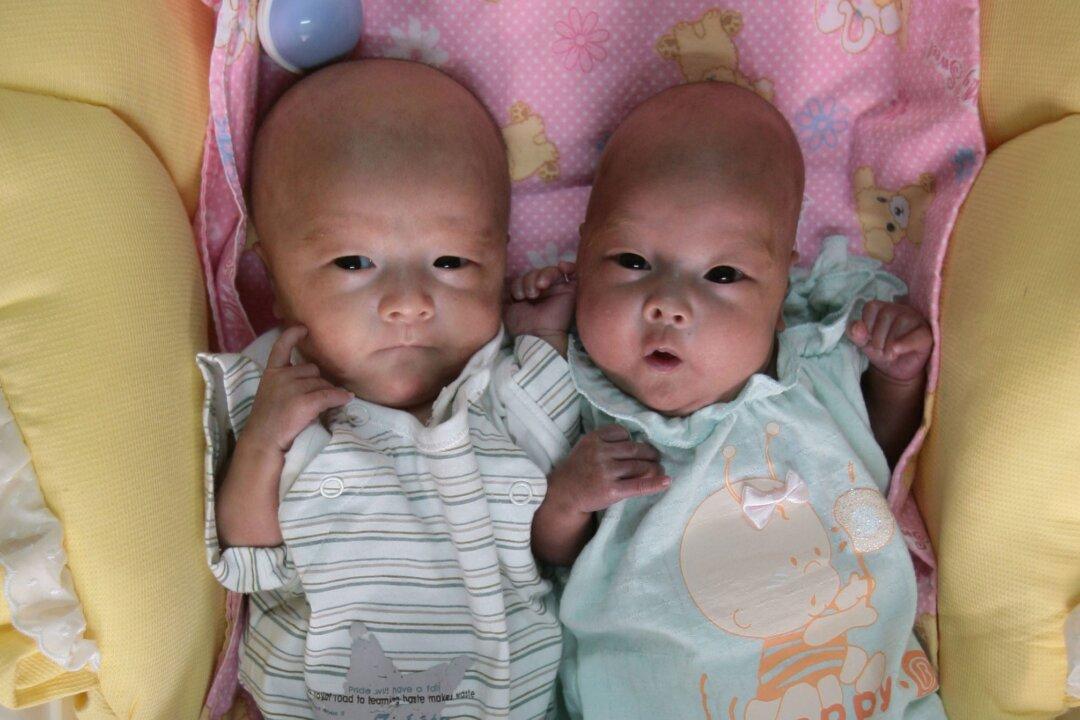Identical twins were spotted apparently jockeying for position in their mother’s womb, according to reports on April 15.
The video of the twin sisters was shot somewhere in China, showing them apparently kicking and hitting one another during an ultrasound scan. The mother was four months pregnant, the Daily Mail reported.





